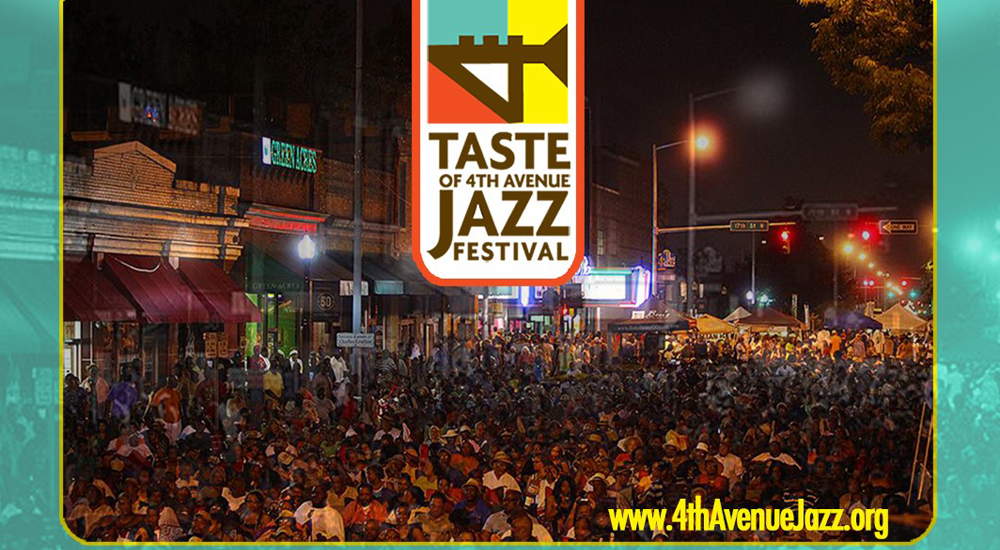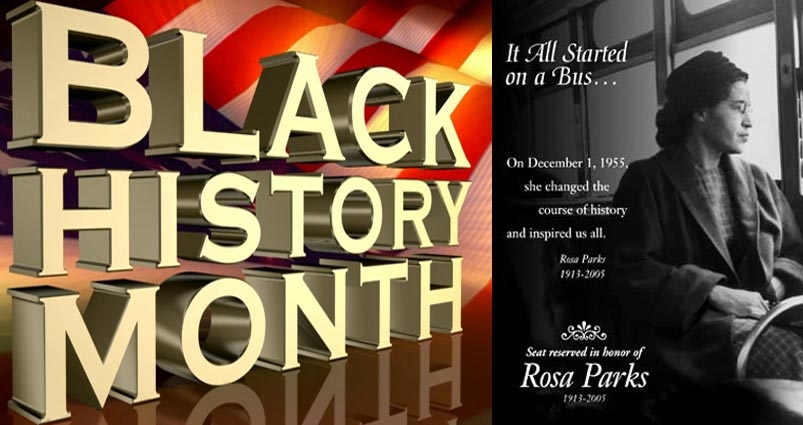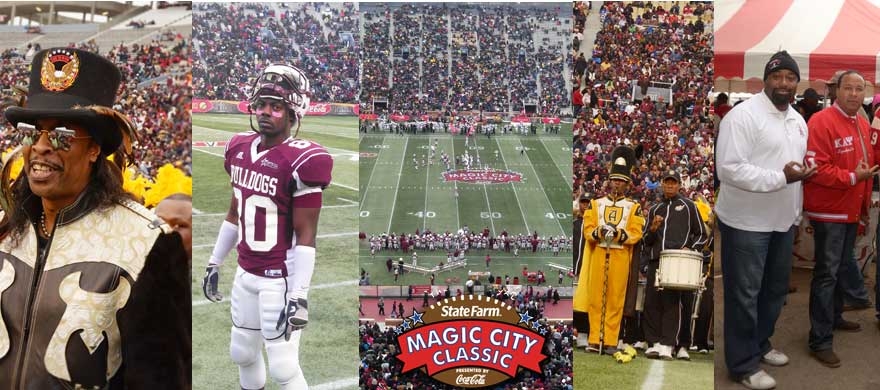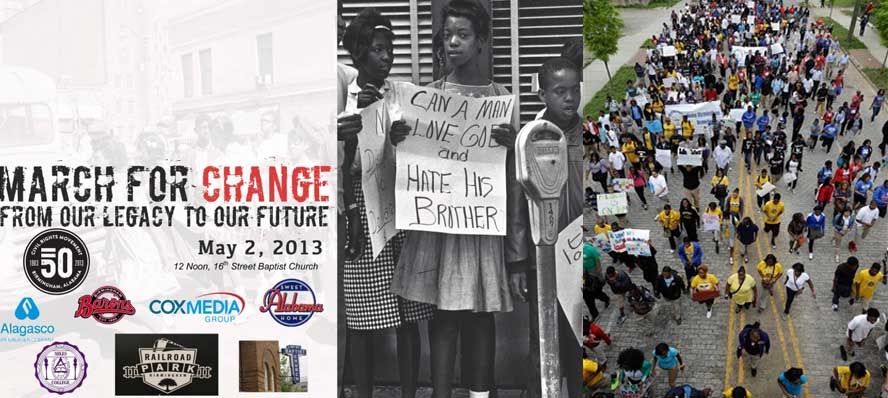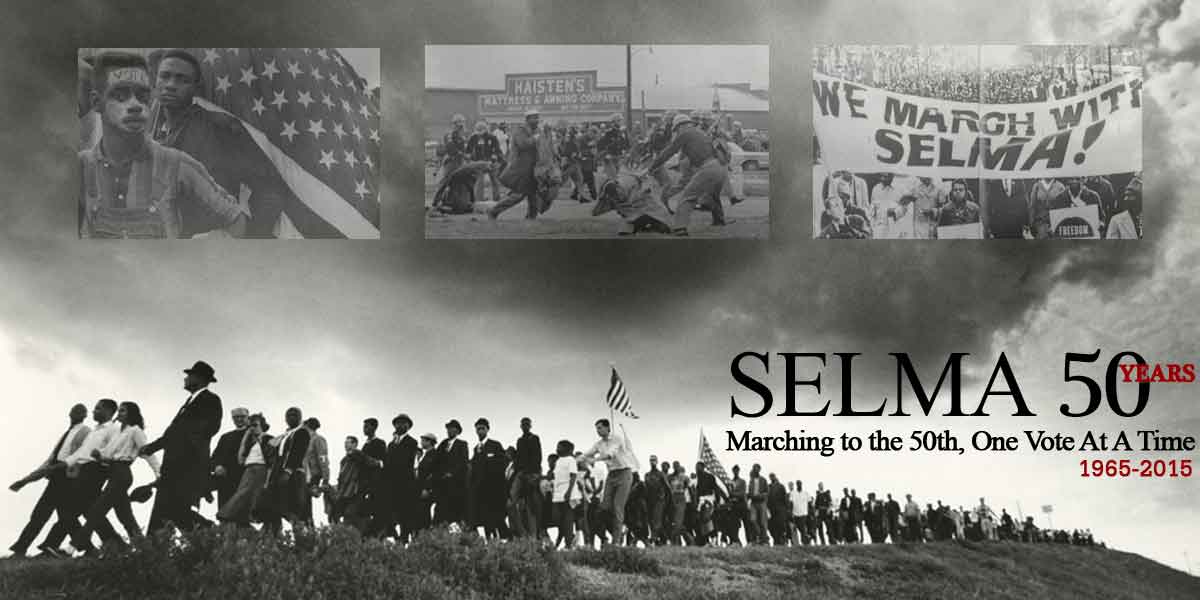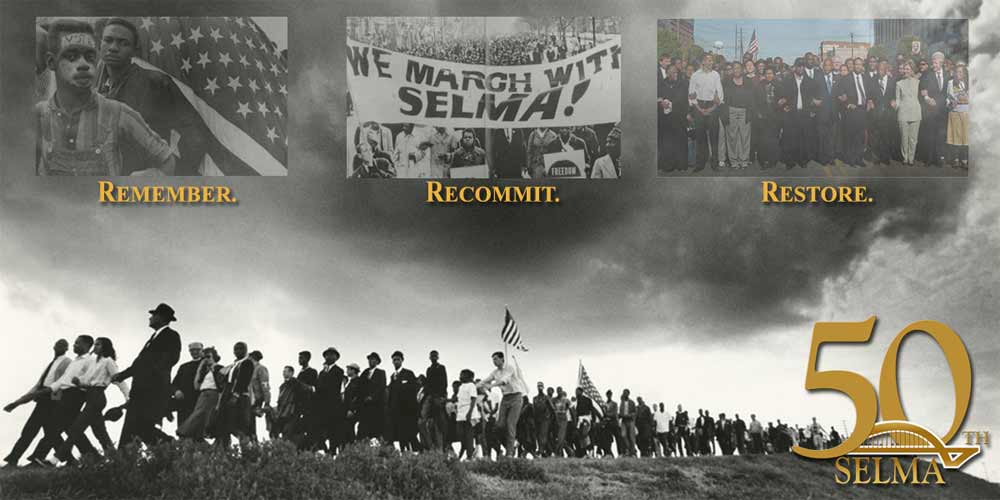A Facebook acquaintance asked on his page, “is (Black History Month) still necessary or has it reached the point where we no longer need to recognize the month of February as such?” Apparently, he overheard some discussion about the topic and queried his FB friends for their comments.
I got in the first few posts, basically saying “is this a rhetorical question? Until the average American can easily rattle off the names of Black scientists, sculptors, entrepreneurs, educators, philosophers, writers, inventors, architects – besides the actors, musicians and sports stars that most people tend to know – as easily as he or she can name people of other ethnic groups or peoples, yes, we still need it.
Now true enough, most Americans, especially teens, suck at history in general. I know I did. Outside of pop culture and football, most could barely name anyone of any race who’s done anything of significance in any of those categories. See any of Leno’s “Jay Walking” bits on his late-night show as proof of my point!
The point is, most people don’t understand that what people did years ago set in motion the events that affect where we are now. I’ve grown to appreciate history. Learning it is vitally important as we set in motion events that will impact future generations.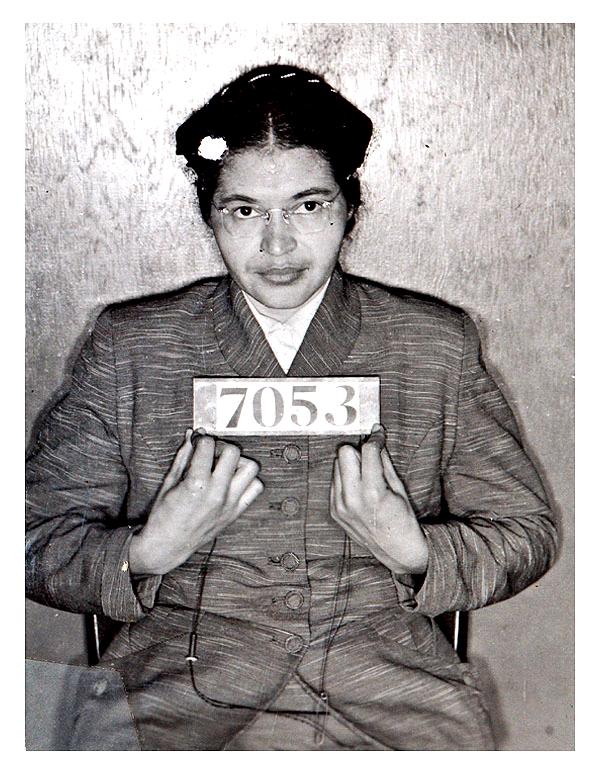
Today is Rosa Parks 100th Birthday. Her name is one of a handful that most people toss around during Black History Month. But other than refusing to give up her seat to a white man on a segregated bus because her feet were supposedly tired, what more do we understand about her and her impact in history?
The seamstress’s arrest on Dec. 1, 1955 set off a renewed wave of activity in Montgomery’s Black community. The resulting Montgomery Bus Boycott ignited the modern American Civil Rights Movement. And the Rev. Martin Luther King, Jr. — the young pastor of Dexter Avenue Baptist Church, rode the boycott to national prominence, becoming the Movement’s official spokesperson.
Educator friends say that Mrs. Parks’ rich story and the Movement’s facts are not presented in any standard way in American text books and classrooms.
First of all, her feet weren’t tired. “I didn’t tell anyone my feet were hurting,” a new book quotes her as saying. “It was just popular, I suppose because they wanted to give some excuse other than the fact that I didn’t want to be pushed around.” Rather Mrs. Parks’ heart and mind were tired.
Read the full blog post from February 4, 2013, at Birmingham View Blogs



